Due to the attacks launched by the Iranian-backed Houthis in Yemen against commercial ships linked to Israel in the Babu'l Mendep Strait in the Red Sea, shipping companies have switched their routes to the Cape of Good Hope, extending the travel times of ships to 10 to 14 days. It is stated that the travel times of some ships have extended up to 20 days.
While ship traffic in the Red Sea continues to decline rapidly following the US and UK-led attacks against the Houthis and the advice to shipping companies not to use the region, freight prices have multiplied due to the increase in travel times and costs of ships traveling around the Cape of Good Hope.
Almost three months into the tensions in the Red Sea, the increase in freight prices has slowed down, but prices are still quite high.
According to information compiled from maritime research firm Drewry's World Container Index, the composite index for a 40' container was at $1382 on November 30.
Prices increased for eight weeks, reaching as high as $3,964 on January 25, as tensions escalated in the Red Sea and ships quickly shifted their routes to the Cape of Good Hope, a longer route. The freight rates increased by 186.8 percent during this period.
The 40% container composite index dropped to $3,824 as of February 1 and to $3,786 as of February 8. Prices have fallen by 4.5 percent in the last two weeks.
However, while freight prices have increased by 90 percent as of February 8 compared to the same week last year, they are 174 percent higher than their level on November 30 and 167 percent higher than their pre-pandemic level.
By February 8, the freight price of a 40' container on the Shanghai-Cenova line dropped by 11 percent on a weekly basis to $5,225, on the Shanghai-Rotterdam line by 5 percent to $4,426, and on the New York-Rotterdam line by 4 percent to $611. Prices increased by 8 percent to 4 thousand 771 dollars on the Shanghai-Los Angeles line and by 2 percent to 6 thousand 268 dollars on the Shanghai-New York line.
Crisis in the Red Sea may continue until a solution is found
Shipping companies have started to adjust their planning and budgets to longer routes and the initial rush has started to normalize despite the ongoing tension, experts believe.
Stating that the tension in the Red Sea has not affected the US, but European importers are the most affected by the crisis, experts predict that the crisis will continue for a while until a solution is found in the Red Sea.
The volume of containers passing through the Red Sea decreased by 80 percent
The amount of cargo transported through the Red Sea dropped by more than half in December last year, while the number of containers passing through the Red Sea and Suez Canal in January was 80 percent lower than before the crisis, according to data from the Kiel Institute for the World Economy (IfW Kiel), a Germany-based economic research organization.
As ships round Africa and the Cape of Good Hope, arrivals at ports in southern and northern Europe are delayed. In Hamburg and Bremerhaven, as well as Rotterdam and Antwerp, 25 percent fewer ships are docking in January 2024 than in 2023.
At present, container ships are significantly delayed compared to their original schedule, which has resulted in fewer ships arriving at many European ports, said Julian Hinz, President of the Kiel Trade Indicator.
However, this difference will normalize as longer travel routes are taken into account in logistics planning, Hinz pointed out, "Especially the amount of goods shipped globally shows that global trade is not in crisis, trade remains stable. Although some companies are suffering from delivery delays, in general, no restrictions are expected on raw materials or consumer goods. One reason for the buoyant trade could be the Chinese New Year, as trade in China usually increases before the holidays but tends to decrease afterwards."
Maersk expects normalization in prices with the start of transit through the Suez Canal
Vincent Clerc, Chief Executive of the Danish shipping company Maersk, said in a statement that one-third of the company's container volume was affected by the disruptions in Red Sea traffic and that in order for their ships to start transiting the Red Sea again, they need to be sure that this will continue permanently.
Clerc added that the current situation cannot be compared to the pandemic period, when freight prices and shipping companies' profits rose sharply, and that prices will fall rapidly as soon as ship transits through the Suez Canal return.
Many companies rerouted after attacks in the Red Sea
Maersk was among the first companies to change the route of its ships to the Cape of Good Hope after the Houthis in Yemen attacked ships related to Israel in the Babu'l Mendep Strait in the Red Sea. Maersk announced on January 5, after one of its ships was attacked by the Houthis, that it was decided to direct all its ships that will pass through the Red Sea-Gulf of Aden to the south around the Cape of Good Hope in the near future.
The world's major container company, the Italian-Swiss Mediterranean Shipping Company, the German shipping company Hapag-Lloyd, the French shipping company CMA CGM and the British energy company bp suspended their voyages in the region and shifted the route of their ships to the Cape of Good Hope.
Danish tanker company Torm had suspended all transits through the southern Red Sea, while energy company Shell had also suspended its transits through the Red Sea.
It was also announced that Qatar's liquefied natural gas cargoes to Europe would experience delays of up to 10-12 days due to extended transit distances.
About 12 percent of global trade is carried out through the Suez Canal, which connects the Mediterranean to the Red Sea and offers the shortest route between Europe and Asia.


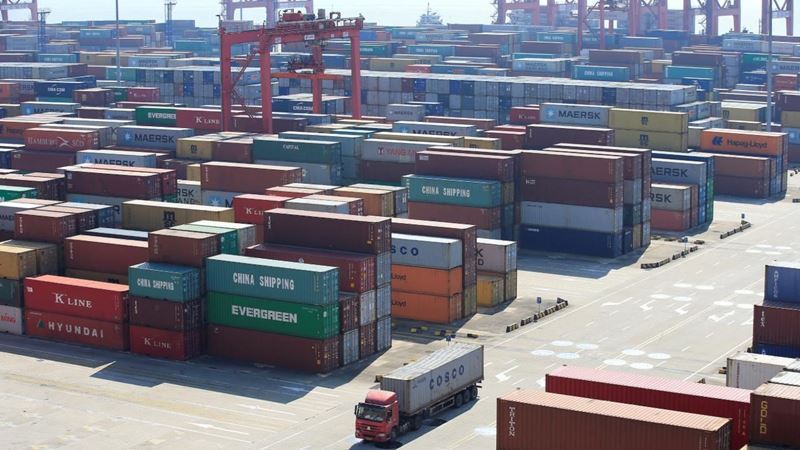

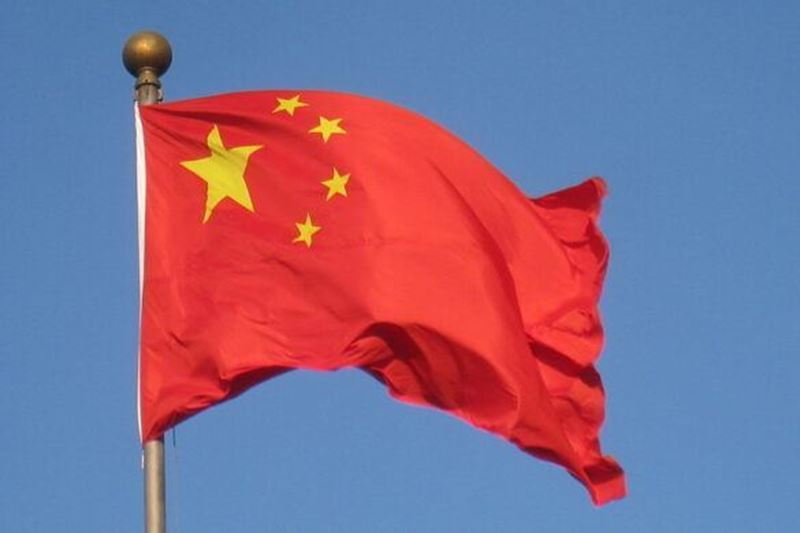
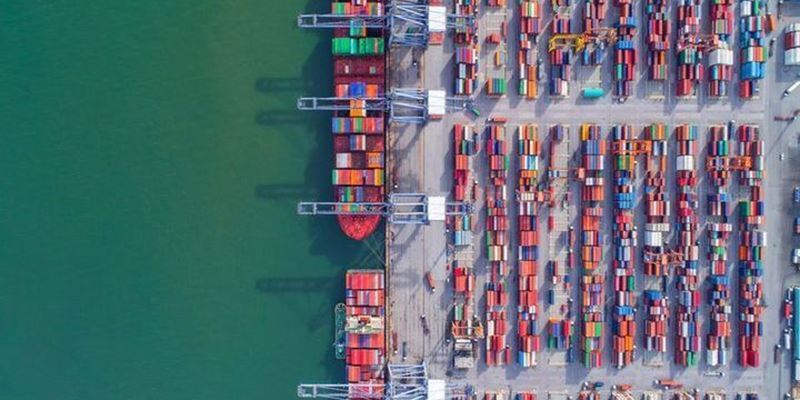
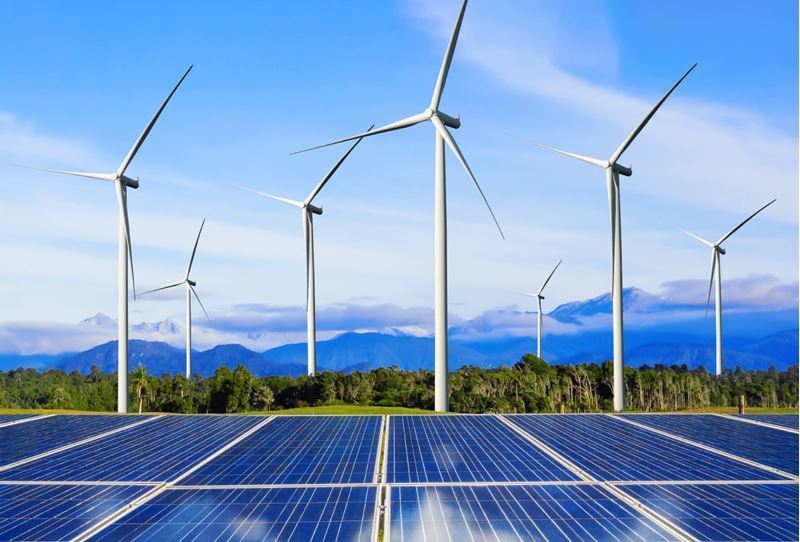

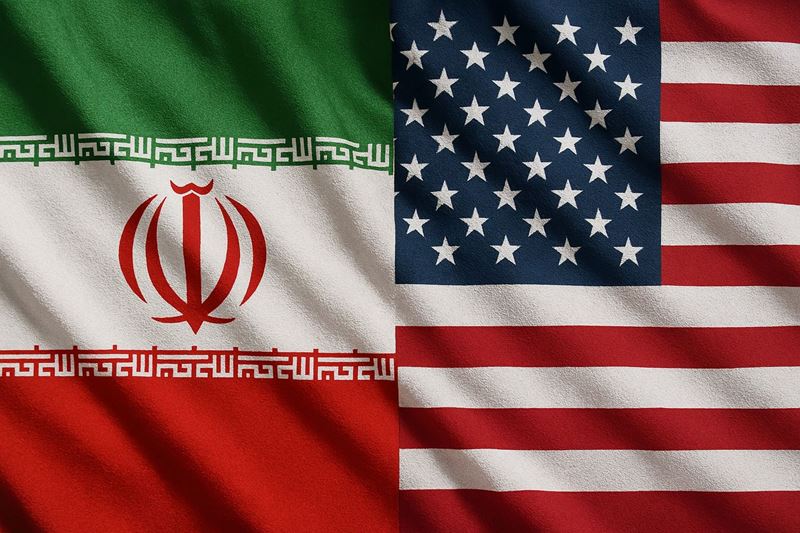


Comments
No comment yet.